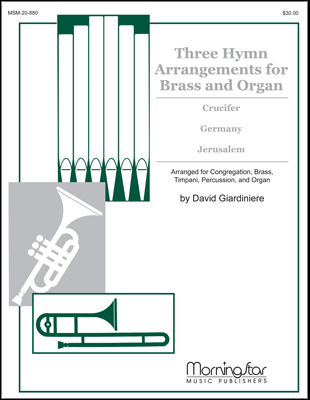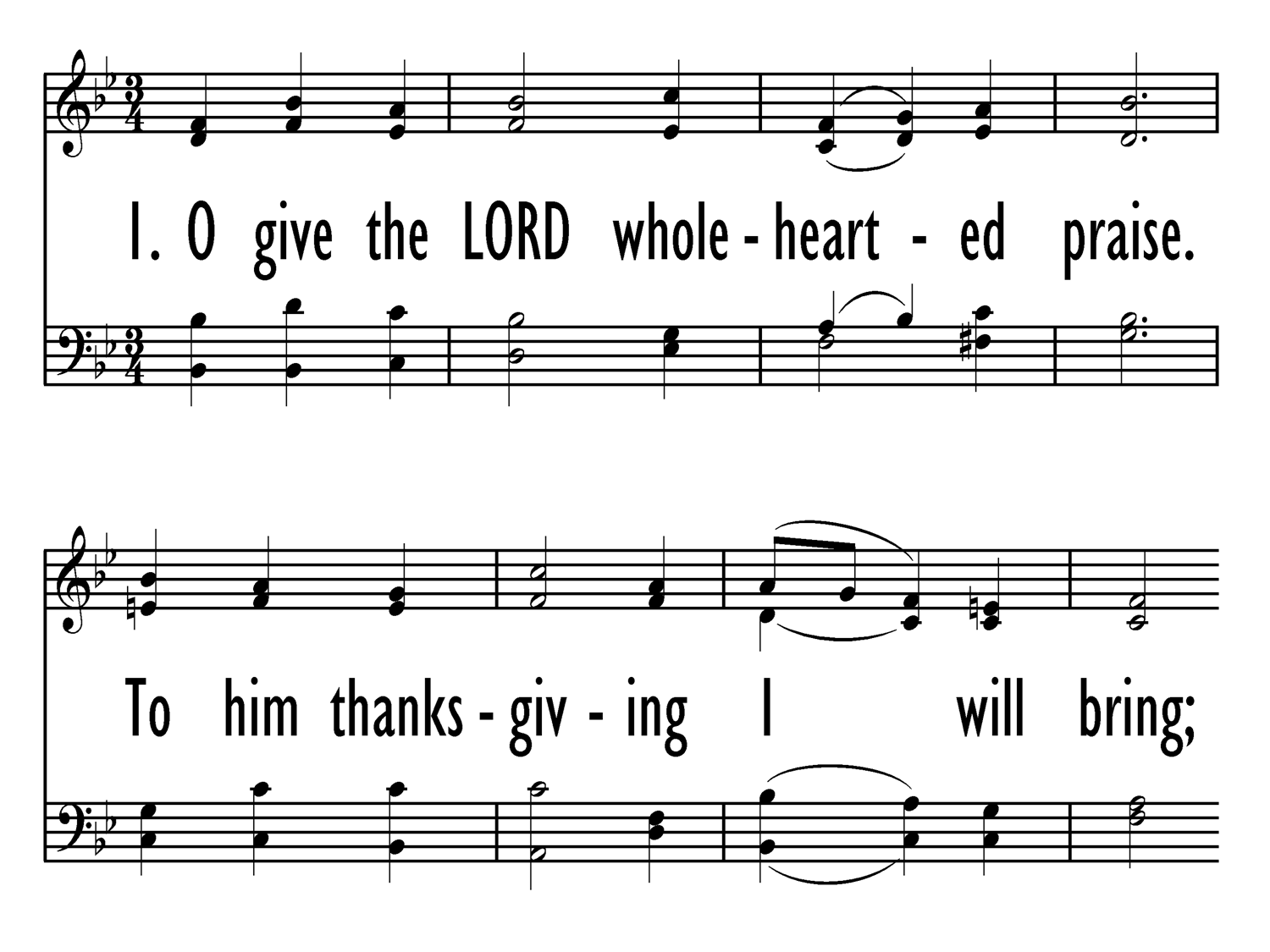The first of eight "hallelujah" psalms (111-118), 111 was probably composed in the post-exilic period by a priest or Levite for temple worship. In structure and theme it is a poetic twin of Psalm 112. But while Psalm 112 is a eulogy to the righteous one who fears the LORD, 111 praises God for his unfailing righteousness.
The opening and closing verses frame the main thematic development with a call to praise (st. 1) and a word of instruction concerning true wisdom: "The fear of the LORD is the beginning of wisdom" (v. 10; st. 7). God's righteousness is the faithfulness and grace by which he remains true to his covenant. The saints delight in God's "mighty works and Wondrous ways" (st. 2), which display the faithfulness of the LORD's love and grace (st. 3). God has been faithful in granting the people "the wealth of nations" (the promised land; st. 4). The LORD's deeds and orders for living are true and just (st. 5), and God's redemption shows his true covenant faithfulness. Let all revere God's holy name (st. 6), gain wisdom and understanding in the LORD, and praise his name forever (st. 7)! The 1912 Psalter is the source for this (altered) versification.
Praise of the righteousness of the LORD.
Scripture References:
st. 1 = v. 1
st. 2 = vv. 2-3
st. 3 = v. 4
st. 4 = vv. 5-6
st. 5 = vv. 7-8
st. 6 = v. 9
st. 7 = v. 10
The first of eight "hallelujah" psalms (111-118), 111 was probably composed in the post-exilic period by a priest or Levite for temple worship. In structure and theme it is a poetic twin of Psalm 112. But while Psalm 112 is a eulogy to the righteous one who fears the LORD, 111 praises God for his unfailing righteousness.
The opening and closing verses frame the main thematic development with a call to praise (st. 1) and a word of instruction concerning true wisdom: "The fear of the LORD is the beginning of wisdom" (v. 10; st. 7). God's righteousness is the faithfulness and grace by which he remains true to his covenant. The saints delight in God's "mighty works and Wondrous ways" (st. 2), which display the faithfulness of the LORD's love and grace (st. 3). God has been faithful in granting the people "the wealth of nations" (the promised land; st. 4). The LORD's deeds and orders for living are true and just (st. 5), and God's redemption shows his true covenant faithfulness. Let all revere God's holy name (st. 6), gain wisdom and understanding in the LORD, and praise his name forever (st. 7)! The 1912 Psalter is the source for this (altered) versification.
Liturgical Use:
Beginning of worship; wisdom emphasis (especially st. 7); many other occasions in Christian worship.
Psalter Hymnal Handbook


 My Starred Hymns
My Starred Hymns





